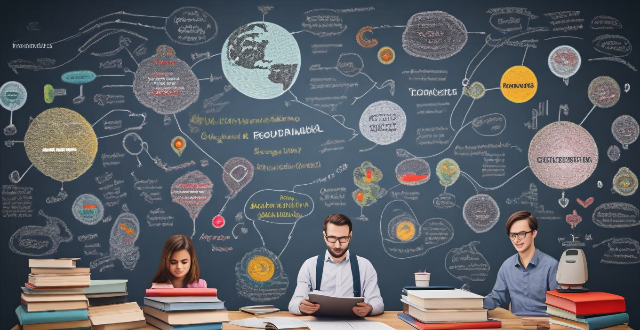Learning a new language is influenced by cognitive, social, and emotional factors. Intelligence, memory, attention, motivation, practice opportunities, and a supportive environment all play a role in language acquisition. Emotional factors such as anxiety and self-confidence can also impact learning. However, anyone can improve their language skills through strategies like setting clear goals, consistent practice, and using multiple learning styles.

Can Anyone Learn a New Language Quickly, or Does It Depend on Individual Ability?
Learning a new language is a complex process that involves various cognitive, social, and emotional factors. While some people may seem to acquire languages more easily than others, it is important to understand that there is no one-size-fits-all answer to the question of whether anyone can learn a new language quickly or if it depends on individual ability. In this article, we will explore the different factors that influence language learning and discuss strategies that can help individuals improve their language acquisition skills.
Cognitive Factors
Intelligence
Some studies suggest that there is a correlation between intelligence and language learning ability. People with higher IQ scores tend to have an easier time learning new languages. However, this does not mean that only intelligent people can become proficient in a foreign language. With dedication and effort, anyone can improve their language skills.
Memory
Memory plays a crucial role in language learning. People with better working memory capacity are often able to retain more information from their language lessons and apply it more effectively. However, even those with average memory abilities can still achieve fluency through consistent practice and repetition.
Attention and Concentration
Paying attention and concentrating during language lessons is essential for successful learning. Students who are easily distracted or have difficulty focusing may struggle to make progress. However, by finding ways to maintain focus and stay engaged, such as using interactive activities or setting specific goals, anyone can improve their ability to concentrate on language learning.
Social Factors
Motivation
Motivation is a key factor in language learning. People who are highly motivated to learn a new language are more likely to put in the time and effort required to achieve fluency. This motivation can come from personal interests, career goals, or a desire to connect with other cultures. By identifying their own motivations, learners can stay focused and committed to their language studies.
Opportunities for Practice
Having opportunities to practice the target language is essential for improving language skills. This can include speaking with native speakers, joining language exchange groups, or participating in immersion programs. By taking advantage of these opportunities, learners can gain valuable experience using the language in real-life situations and build confidence in their abilities.
Supportive Environment
A supportive environment can also contribute to successful language learning. This can include having access to resources such as textbooks, online courses, or tutoring services. Additionally, having friends or family members who encourage and support language learning efforts can help learners stay motivated and focused on their goals.
Emotional Factors
Anxiety
Language learning can be stressful, especially when dealing with unfamiliar sounds, grammar rules, and cultural differences. Anxiety can hinder progress by causing learners to avoid challenging situations or feel overwhelmed by errors. However, by developing coping strategies such as deep breathing exercises or positive self-talk, learners can reduce anxiety and improve their overall language learning experience.
Self-Confidence
Self-confidence plays a significant role in language learning. Learners who believe in their ability to succeed are more likely to take risks, make mistakes, and ultimately improve their language skills. Building self-confidence takes time and practice, but by celebrating small successes and focusing on progress rather than perfection, learners can develop a growth mindset that supports continuous improvement.
Strategies for Successful Language Learning
Now that we have discussed some of the factors that influence language learning, let's explore some strategies that can help anyone improve their language acquisition skills:
Set Clear Goals
Setting clear goals is essential for staying motivated and focused during language learning. These goals should be specific, measurable, achievable, relevant, and time-bound (SMART). For example, a goal might be to learn 10 new vocabulary words per week or to hold a five-minute conversation in the target language within three months. By breaking down larger goals into smaller milestones, learners can track their progress and stay motivated throughout the learning process.
Practice Consistently
Consistent practice is key to improving language skills. This means dedicating regular time each day or week to studying the language, practicing speaking or writing, and reviewing material covered in previous lessons. Even short sessions of 10-15 minutes per day can lead to significant improvements over time.
Use Multiple Learning Styles
Everyone has their own preferred learning style, such as visual, auditory, or kinesthetic. Incorporating multiple learning styles into language studies can help reinforce concepts and make learning more engaging. For example, visual learners might benefit from using flashcards or watching videos in the target language, while auditory learners might prefer listening to podcasts or music. Kinesthetic learners might benefit from hands-on activities like role-playing scenarios or writing exercises. By catering to different learning styles, learners can find approaches that work best for them and maximize their language acquisition potential.